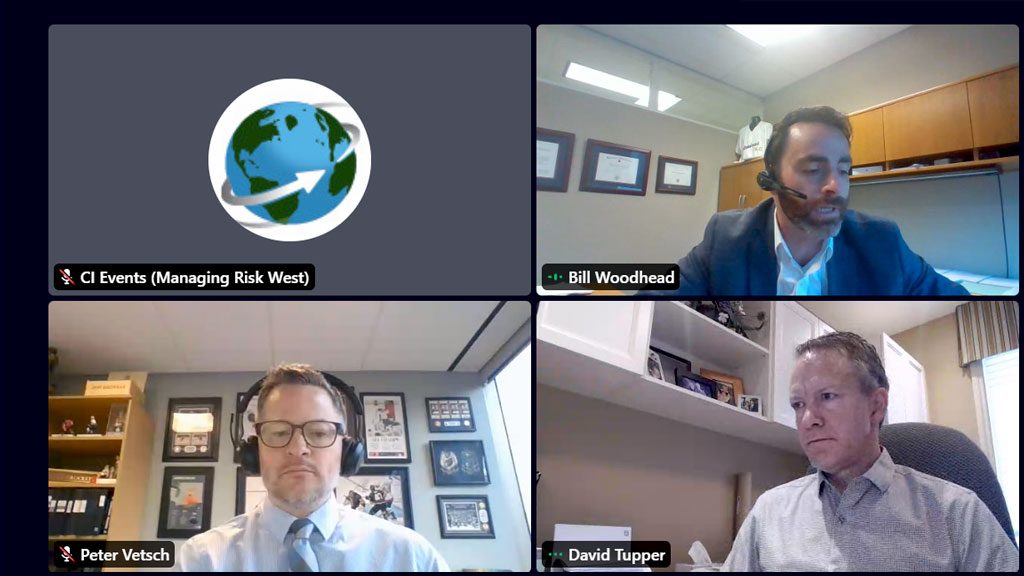While progress is being made on prompt payment legislation in Alberta, legal experts say many of the details have yet to be filled in.
Blake, Cassels & Graydon LLP partner David Tupper and Rose LLP partner Peter Vetsch gave their thoughts on how the legislative efforts are going and what to watch for in the coming months.
Vetsch explained the changes are being made through Bill 37 and Bill 62.
Bill 37 transforms the Builders’ Lien Act into the Prompt Payment Construction Lien Act. It increases the minimum lien claim from $300 to $700 and introduces four key amendments: progressive release of holdback, extended lien registration timelines, a prompt payment regime, and an optional formal adjudication process to avoid the courts.
Bill 62 is related to red tape reduction that makes even more amendments.
“There have been lots of twists and turns to get to an amended Builders’ Lien Act,” said Vetsch. “The goal of the proposed amendments is to modernize the act and bring it in line with our jurisdictions. But the path has been fairly torturous.”
He noted the industry has been facing payment delays of 70 to 100 days, causing significant cash flow concerns and leaving contractors entirely in the hands of the contract.
He explained while the bills were expected to come into force in the summer, that has been stalled by the lengthy development of supporting legislation.
“They are anticipated to come into force in July 2022 due to delays in regulation development,” he said. “Those are expected to be finalized next month but I’ve heard that before and I’ll believe it when I see it.”
Vetsch explained those regulations will be critical as the current language of the bills has left some issues murky, like what situations a contract can get around the requirements or what could be covered under certain requirements.
For example, the legislation outlines new longer lien timelines for “work primarily related to concrete” as this kind of work cannot be evaluated for compliance until it has cured.
“It’s not entirely clear what ‘primarily related to’ means or how far out this goes,” said Vetsch. “Is rebar concrete related? It’s not clear at this stage.”
Tupper explained how Bill 62 includes three main overhauls to Bill 37. First, it extends Bill 37 to classes of professionals acting in a consultative capacity on projects. Second, it confirms that the new rules will not apply to government projects. Third, it makes clarifications to the optional adjudication process.
Many of these clarifications defer to the still unfinished regulations.
“We see references to the regulations which apparently will put a lot of new clothing on what will happen here, and these regulations have been responsible for the delays,” said Tupper. “There will be a lot in those regulations, and they are clearly being considered, and considered, and considered.”
Also, importantly, the bill amends the original finality of adjudication decisions which drew significant criticism from stakeholders.
He expects the process to likely be similar to Ontario’s which is intended to be a much faster and cheaper way of resolving issues than going to the courts.
While the wait has been long, Vetsch gave some context.
“If you think we are slow pokes when it comes to this, at least we are a bit better than Saskatchewan,” he said. “They got Royal Assent in 2019 and it was only proclaimed into force this march.”
Follow the author on Twitter @RussellReports.











Recent Comments
comments for this post are closed